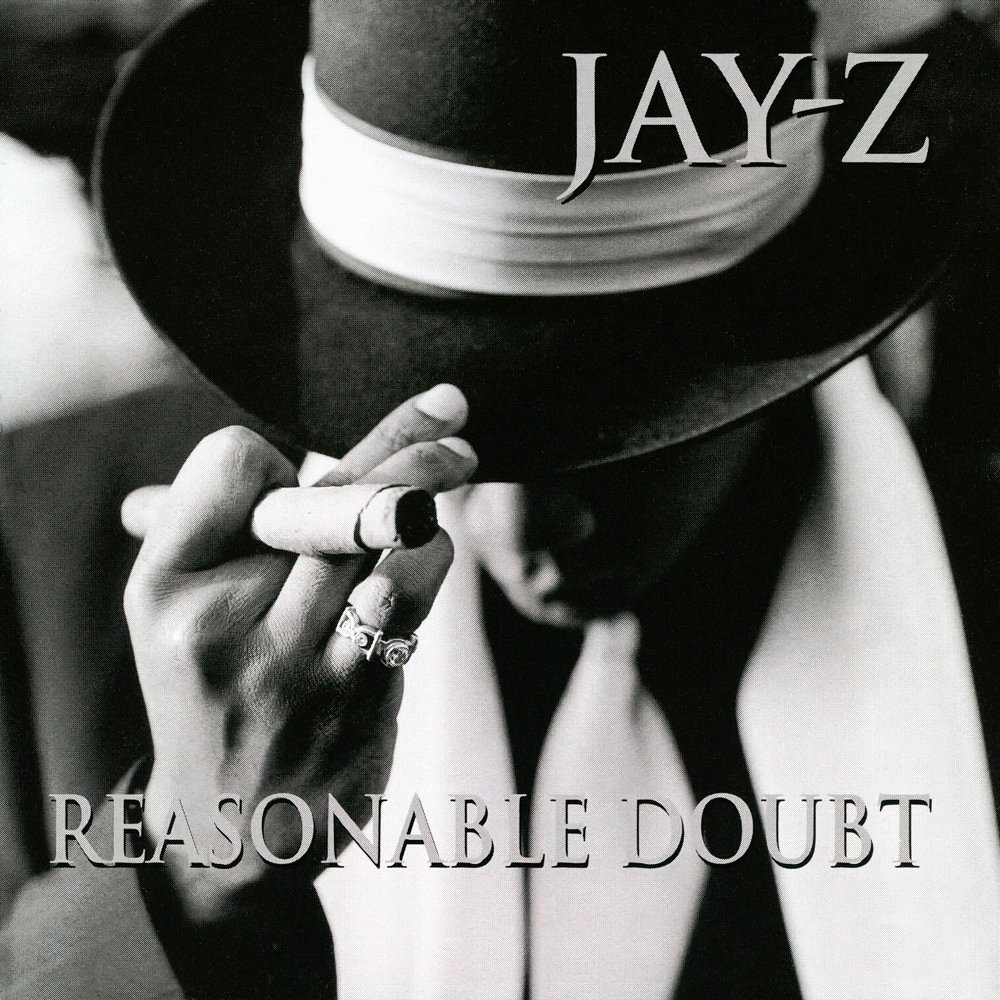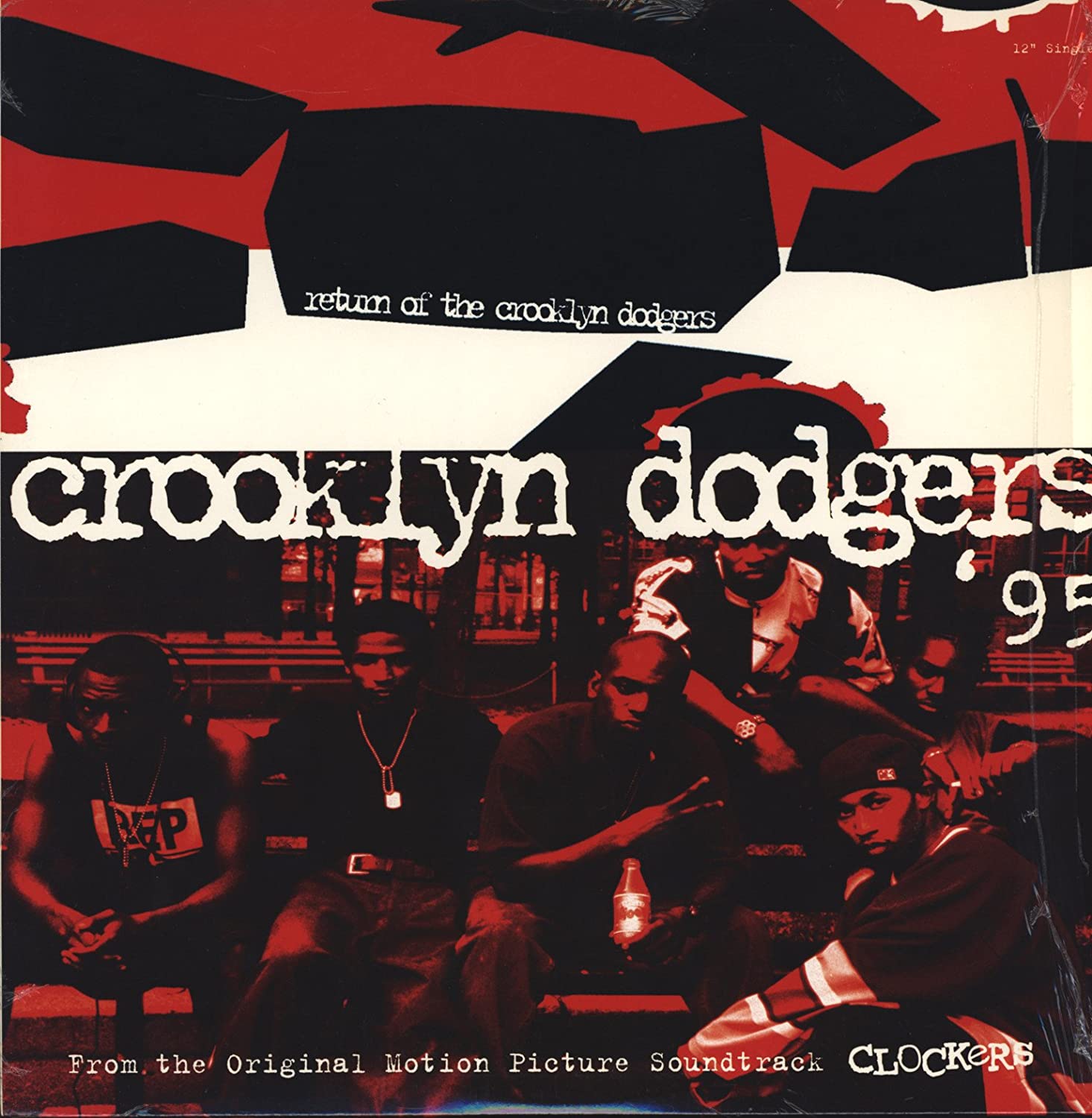These days, the idea of the young black millionaire record executive has become a bit of a stereotype with the plethora of paid brothers in the industry. From Diddy to Jay Z, the industry feeds many people of African descent in the contemporary era. However, these opportunities didn’t just fall out of the sky.
It’s legends like former Stax Records co-owner and President of Motown Record, Al Bell that gave birth to the Diddy’s and Jays of the world. A gentleman of rare standing in rooms that are often filled with charlatans, Bell is responsible for the careers of Isaac Hayes, the Staple Singers, The Emotions, and the Dramatics. Instrumental in making the Memphis Sound an international phenomenon, the 74-year-old was in New York City at the recent New Music Seminar, dropping knowledge on those who want to find longevity in the music business among today’s new age ways. He’s quick to take us on a historical journey to the beginnings of Black Music Month.
“Kenny Gamble is the one who went back and forth to Washington, DC and worried the hell out of President Carter. President Carter finally gave in and decided to give an Executive Order, and whatever legal he had to do, to designate June Black Music Month,” says Bell. “What disturbs me so much about it is we’re not consciously aware of it and we’re not giving him the credit that he deserves. The month needs to be recognized for the role that black music has played in America, period. It was Kenny Gamble and some other people, but Kenny provided leadership.”
Today, Bell works to further educate those in music, helping to extend the longevity of black music.
“I think that it is greater than ever before because of all the platforms for distribution as well as exposure through Internet technology [that] allows us to do things that we could never before in the history of this industry,” says Bell, who prior to leading Stax and Motown, was a DJ. “Back in our so-called glory days, my problem has always been that we were just tapping the surface of being able to make our project available to music appreciators because of our limitations in music distribution. I felt that as valuable as music is to music appreciators that we should have been, as an industry, able to make our music available to the majority of people who appreciated music regardless of the demographic.”
“There was a study done by Harvard University on the economic growth of soul music as it came from African-American culture. After studying Atlantic, Stax and Motown, Harvard concluded the future of popular music was going to be this so-called soul music. It warned, however, that African-Americans are so creative that they would keep coming up with so many different sounds and types of music until (major record companies) couldn’t control that. What they had to do was create a musical sound that they could market to black people who then filtered it to America. That allowed them to, and I don’t mean this in a negative way, to monopolize and control the market,” says Bell, whose Internet radio property “Al Bell Presents: American Soul Music” is aimed at promoting soul music. “So, what you have is mass merchandising like McDonalds or Burger King. Not that rare artists or that unique music. It was smart, but the chickens have come home to roost now.”
Some people believe that individuals can only achieve what their minds can conceive. When it comes to the music biz, Bell believes the industry is too small minded in scope as far as distribution and sales are concerned.
“We have a limit of a gold or a platinum record, but we live in a country like America where there are hundreds of millions of people. A half million records is supposed to be attractive,” he explained. “That, to me, was a reflection of distribution. Today, we have all sorts of platforms that are conducive to distribution. It’s just a matter of putting in place the fundamentals to create a demand for our rare performing artists’ music and having it be available in the consumer market around the world. That is a process that needs to be implemented by entrepreneurs rather than major music companies because they cannot function like entrepreneurs.”
“They have to be risk takers [with] rare performing artists. Because that rare performing artist will take you 12 to 18 months to create a demand nationally for the sale of that product. Major, publicly-held music companies don’t have that kind of time. Their margin says each quarter we have to release a product or a combination of releases. There’s an 8-week window in there and after that they’re on to the second quarter releases. Entrepreneurs who are music buffs and risk takers are the ones that find that unique artists or that genre of music that’s not known. They miss mortgage payments until they get exposure for that artist or that music to really popularize it. Sometimes that can take a year, three years or however many releases it takes.”
Even at 74, Bell’s passion and enthusiasm for modern music permeates through his every word. He’s a music connoisseur that values soul music as a form of art that should be treated as such.
“From my vantage point, I appreciate recorded music as art. Like the Mona Lisa, its value hasn’t changed over the years. Its value has increased. If you look at our recorded music as art, it’s not old school, it’s not yesterday, it’s great musical art,” says Bell, who in 2009 returned to Memphis to help the city’s independent music scene. “The important thing is to ensure that we are dealing with it from an artistic standpoint and we’re capturing the authenticity in the recorded music art where its lifespan is timeless in perpetuity.”
Catch Al Bell’s radio show Al Bell Presents: American Soul Music,at AlBellPresents.com.



